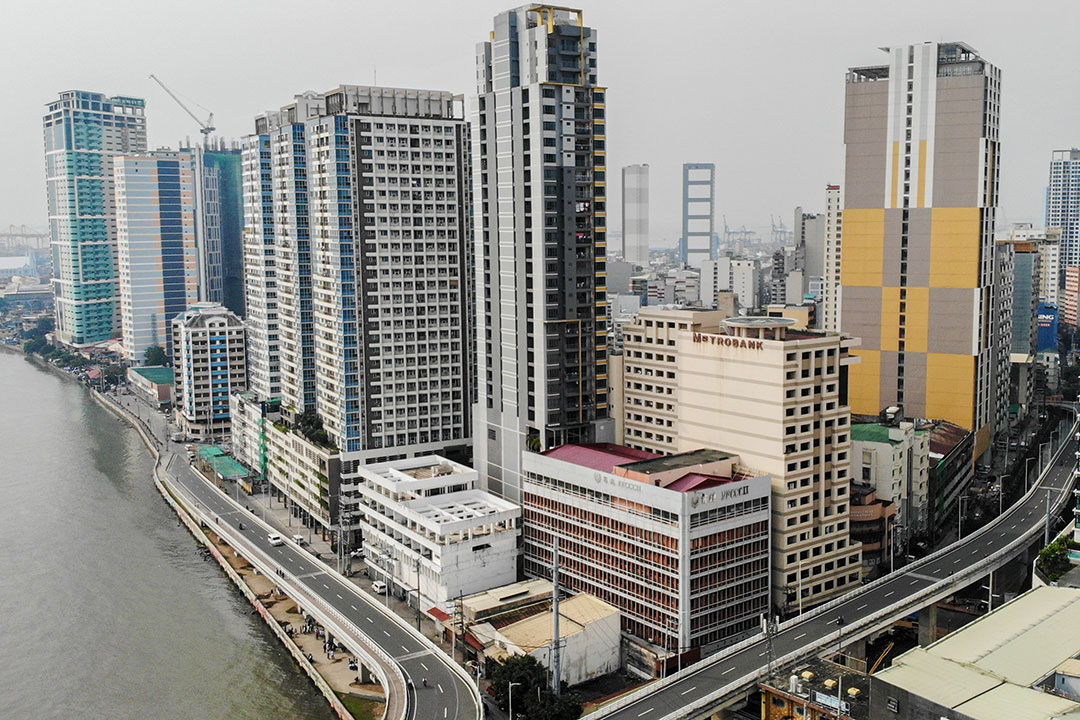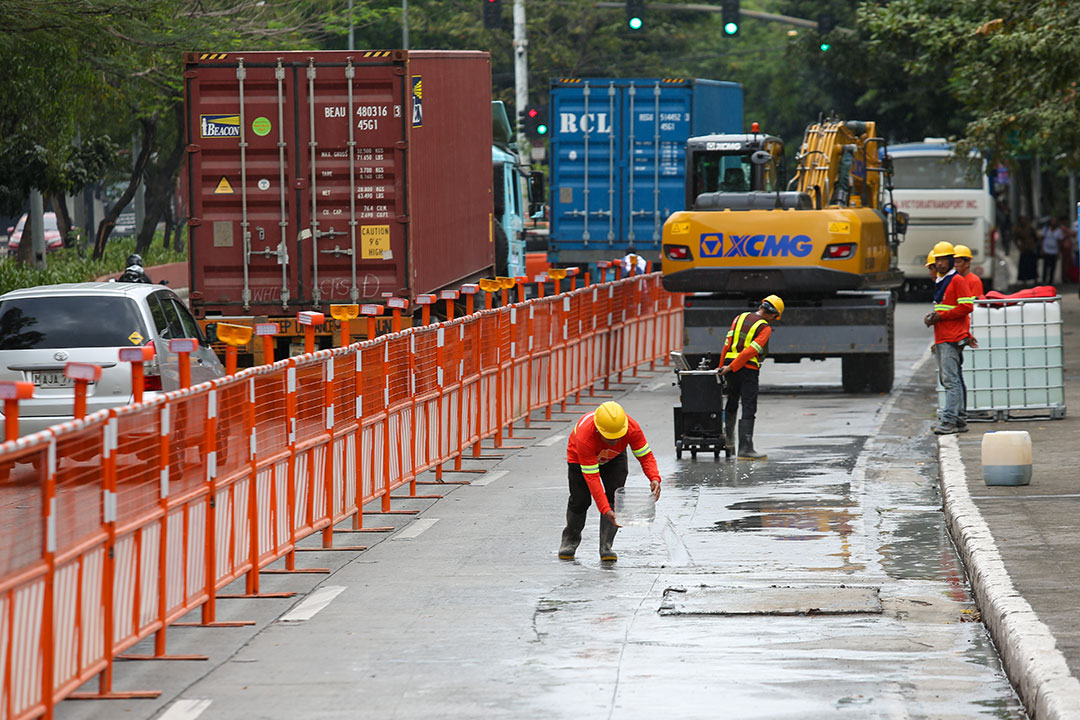
Upgrade to High-Speed Internet for only ₱1499/month!
Enjoy up to 100 Mbps fiber broadband, perfect for browsing, streaming, and gaming.
Visit Suniway.ph to learn
 HENRY RHOEL R. AGUDA — FACEBOOK.COM/PCOGOVPH
HENRY RHOEL R. AGUDA — FACEBOOK.COM/PCOGOVPHBy John Victor D. Ordoñez, Reporter
NEWLY appointed Department of Information and Communications Technology (DICT) Secretary Henry Rhoel R. Aguda should prioritize boosting state transparency in handling data breaches affecting government agencies, according to a network of digital advocates.
President Ferdinand R. Marcos, Jr. last week named the former UnionDigital Bank president and chief executive officer as the agency’s new secretary to replace Ivan John E. Uy, who did not cite any reason for his resignation.
“We hope his leadership will bring meaningful reforms, particularly in strengthening data privacy and cybersecurity, addressing transparency issues in handling data breaches, and ensuring better public engagement in crafting digital policies,” Ronald B. Gustilo, national campaigner for the Digital Pinoys group, told BusinessWorld in a Viber message.
“We urge Secretary Aguda to prioritize institutionalizing digital literacy programs to protect Filipinos from misinformation and online fraud.”
Local organizations suffered about $1 million in losses in 2023 due to cybersecurity incidents, according to connectivity cloud company Cloudflare, Inc.
In a separate report, consulting firm Frost & Sullivan said the Philippines could sustain up to P200 billion in economic losses per year due to cybercrime.
Mr. Gustilo also called on the new DICT chief to work on expanding digital infrastructure and reliable internet access to underserved and far-flung areas in the country.
The Private Sector Advisory Council’s (PSAC) digital infrastructure section, which Mr. Aguda led prior to his appointment, earlier pushed for the upgrade of digital infrastructure in far-flung areas to ensure access to reliable internet.
PSAC also asked for more artificial intelligence upskilling programs to ensure Filipinos can keep up with new tech.
They also proposed rolling out a subsidized subscriber identity module (SIM) card program, JuanSim ng Bayan, to give poor Filipinos access to phone services and internet connectivity. The council plans to deploy the sim cards to 510 areas by the end of the year.
Former DICT Secretary Uy earlier said that the government is prioritizing a bill that seeks to boost Philippine cybersecurity to strengthen defenses against hackers ahead of the May midterm elections.
The DICT has also earmarked some P7.5 billion, under the 2025 spending plan, to roll out its free public wireless internet access program in far-flung areas and to ensure schools can conduct hybrid-learning setups.
A 2022 report by the World Bank showed that only 33% of Philippine households have access to fixed broadband, while 70% of the population have an active mobile broadband subscription.
The cost of broadband internet remains higher in the Philippines than in neighboring countries, with the annual charge for fixed broadband equivalent to 11% of per capita gross national income.
“Digital Pinoys looks forward to working with him in advancing the rights of digital consumers and promoting a safer, more inclusive digital environment,” Mr. Gustilo said.




